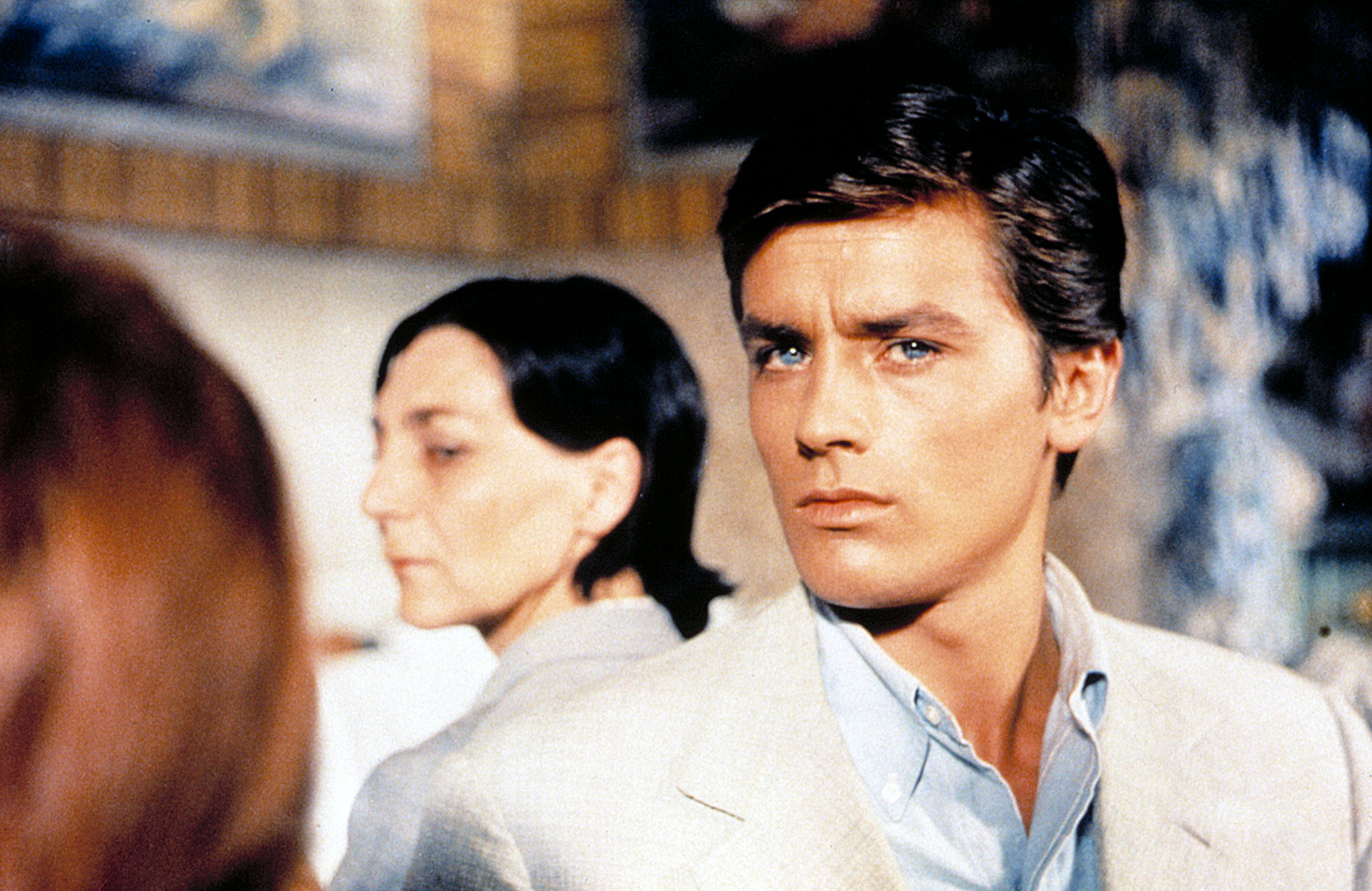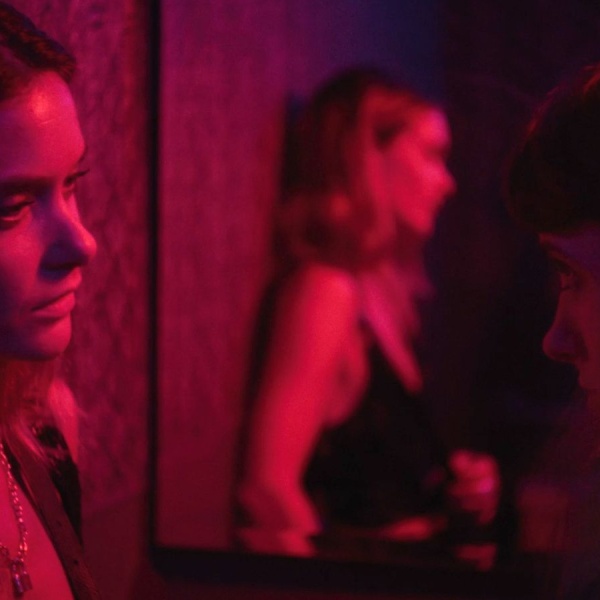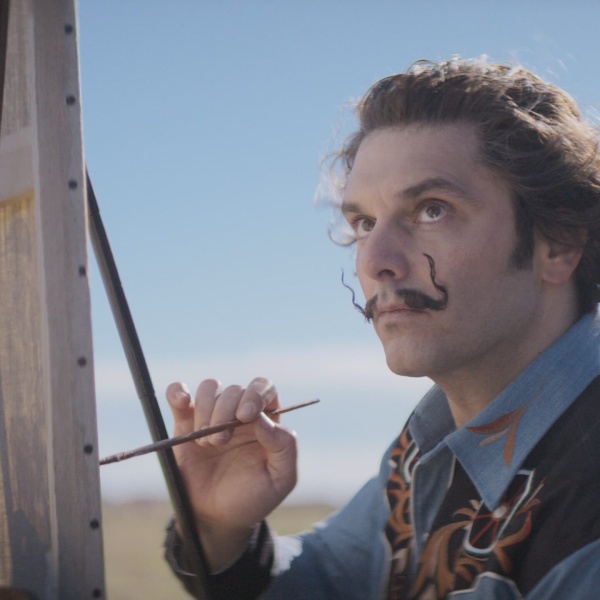Alain Delon, the legendary actor and sex symbol who dominated French cinemas in the 1960s in films like “Le Samouraï” and “Purple Noon,” has died at the age of 88. The news was shared via a statement to AFP. Delon passed away in his longtime home in Douchy, France.
“He passed away peacefully in his home in Douchy, surrounded by his three children and his family,” the statement said. Per Deadline, French president Emmanuel Macron said in a translated statement, “Mr. Klein or Rocco, the Leopard or the Samurai, Alain Delon has played legendary roles and made the world dream. Lending his unforgettable face to shake up our lives. Melancholic, popular, secretive, he was more than a star: a French monument.”
Delon first rose to prominence in the 1959 comedy “Women Are Weak,” which was a major hit in France and frequently screened in America. But his status as a serious actor came the next year with “Purple Noon” from director René Clément, based on the Patricia Highsmith novel “The Talented Mr. Ripley.” He quickly followed that with “Rocco and His Brothers,” the Luchino Visconti film that was poorly received upon its initial release but eventually came to be seen as a classic of the Italian neorealism movement.
Delon’s star continued to rise throughout the 1960s as his acting ability, charm, and stunning good looks propelled him to roles with many of the era’s best European directors. He reteamed with Visconti on “The Leopard” and Clément on “Is Paris Burning?” and also worked with the likes of Michelangelo Antonioni on “L’Eclisse” and Jean-Pierre Melville on “Le Samouraï,” casting a brooding image onscreen in these modernist classics.
In many ways, Delon was the quintessential 1960s French movie star. In an era that was defined by movie-loving filmmakers combining Hollywood tropes like gangsters and detectives with a uniquely European arthouse sensibility, Delon was the rare talent who was as handsome as the biggest Hollywood leading men but had the acting chops to hang with the best French actors.
In part because of his sex symbol status and accent, Delon was frequently cast in womanizing roles and struggled to achieve success in the United States. He frequently found himself playing “exotic foreign lover” types when he pursued work in American films, ultimately giving up on his hopes for American stardom and spending the 1970s making crime and swashbuckler films in France.
Delon enjoyed something of a late career resurgence as a serious actor, winning a César Award for his performance in 1984’s “Notre Histoire,” and finally got around to collaborating with Jean-Luc Godard in 1990’s “Nouvelle Vague.” He remained active as an actor until the early 2010s, primarily working on French television projects. In 2019, he received an honorary Palme d’Or at the Cannes Film Festival to honor his long career.
While films like “Rocco and His Brothers” and “Le Samourai” will always live on as classics, Delon’s legacy is larger than any individual film. He was a movie star in every sense of the word, a sex symbol who had his name on everything from clothing and watches to cigarettes. One of the most prominent actors from an era when European movies flourished, Delon was nothing short of a cinematic icon.







